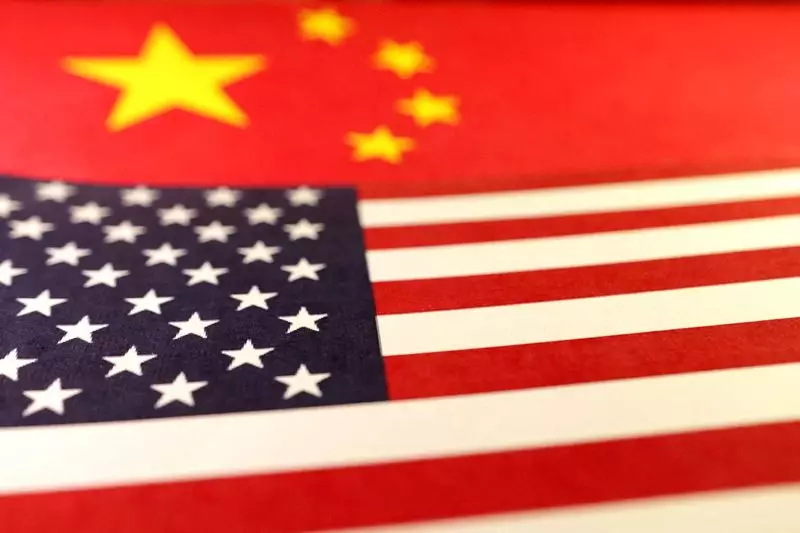The evolving economic and political dynamics between the United States and China have become a focal point for businesses operating in the Asian giant. In a recent survey conducted by the American Chamber of Commerce (AmCham) in China, an alarming statistic emerged: over half of the American companies surveyed expressed significant concern regarding the prospects of further deterioration in the bilateral relationship between these two global superpowers. This sentiment marks the highest level of apprehension recorded in five years, reflecting the growing unease among U.S. corporations amid a backdrop of geopolitical tensions and complex trade policies.
Survey Insights and Implications
The survey results, which encompassed feedback from 368 AmCham member companies, were gathered during a time of notable political turnover in the U.S. They specifically coincided with former President Donald Trump’s second-term inauguration, where discussions about imposing additional tariffs on Chinese imports resurfaced. Alvin Liu, Chair of AmCham China, emphasized the critical need for a stable and constructive relationship grounded in economic cooperation. He argued that this relationship is not only vital for the prosperity of both countries but also for the broader stability of the global economy.
Despite fears of escalating trade wars and political disputes, the survey indicated that nearly half of the participating companies still regard China as one of their top three global investment destinations. This indicates a complex balancing act for American businesses grappling with both the potential for growth in the Chinese market and the risks associated with diplomatic friction.
While maintaining a competitive interest in China, there is a notable trend of increasing distrust. A striking 21% of the surveyed companies no longer consider China a preferred investment destination, reflecting a significant rise compared to pre-pandemic levels. This shift aligns with broader concerns about fairness in the business landscape, evidenced by about one-third of companies reporting various forms of discrimination compared to local firms, particularly in areas related to market access and public procurement.
The implications of these findings extend beyond individual corporations; they represent a systemic challenge within the framework of U.S.-China economic relations. As American companies weigh the potential advantages of operating within China’s vast market against the backdrop of possible punitive measures and trade restrictions, uncertainty reigns.
Moving forward, it is clear that American businesses must navigate these turbulent waters with a strategic approach. Engaging in proactive dialogue and seeking to understand the evolving regulatory landscape will be essential. Moreover, fostering bilateral relations based on transparency and fair competition could serve as foundational elements to mitigate the risks ahead.
While American companies remain committed to their operations in China, the apprehensions outlined in the AmCham survey underscore a crucial moment for reevaluation and strategic planning. The sustainability of their investments in this market may hinge on the ability to adapt to the shifting geopolitical landscape and contribute to a healthier exchange between the United States and China.

